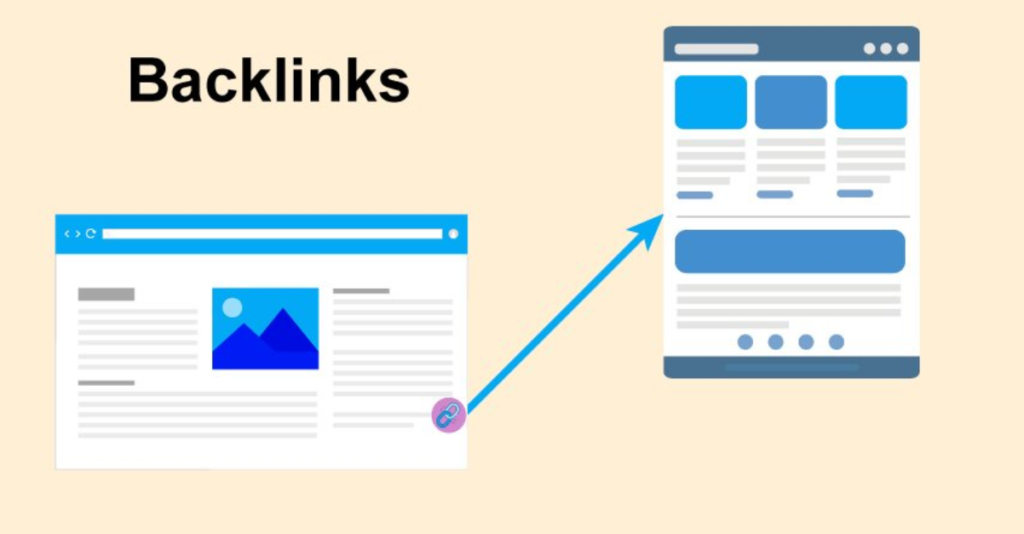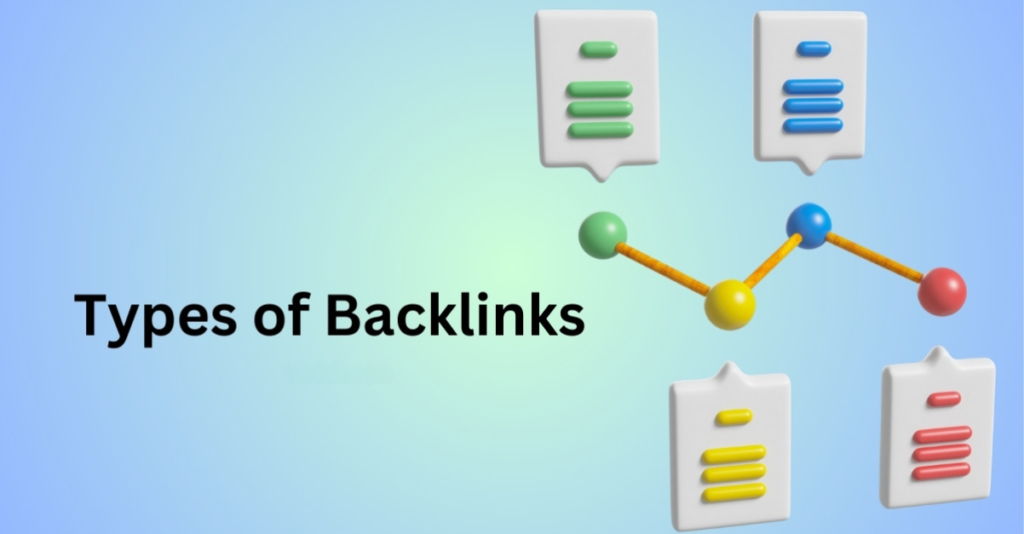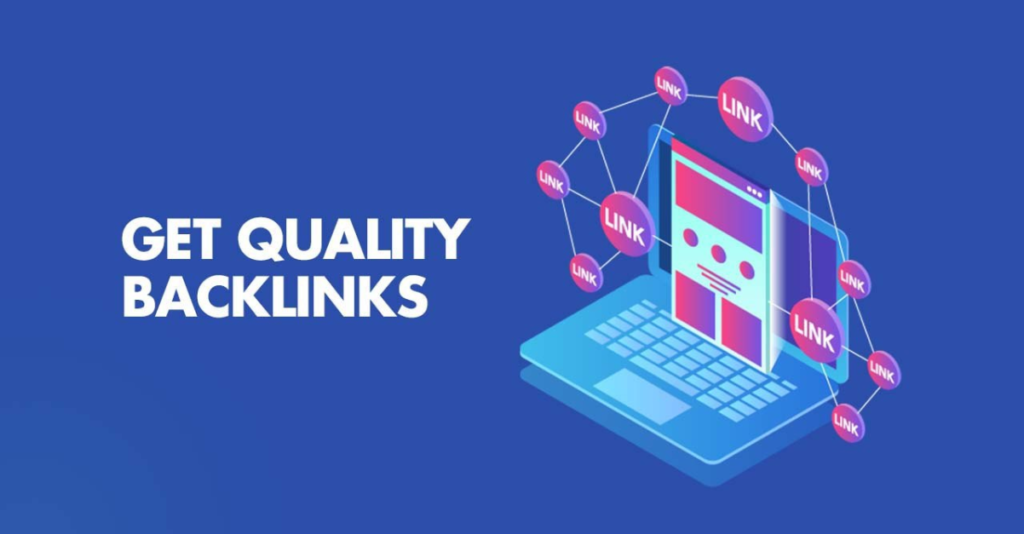Backlinks are simply links from one website to another. Think of them as recommendations or referrals in the digital world. When one website links to another, it signals to search engines like Google that the linked content is valuable and trustworthy.
In the world of Search Engine Optimization (SEO), backlinks are one of the most important ranking factors. They help websites gain visibility, build authority, and drive organic traffic. In this article, we’ll explore why backlinks matter, how they work, and how you can build quality backlinks to improve your SEO.
What Are Backlinks?

A backlink is a hyperlink from one web page to another. For example, if a blog writes about digital marketing tools and includes a link to your SEO service website, that link is called a backlink.
Backlinks are also referred to as:
- Inbound Links: Because they bring traffic to your website.
- Incoming Links: Since they come from external sites.
- External Links: As they link from one site to another.
These links act like votes of confidence, showing search engines that others find your content useful.
Why Do Backlinks Matter for SEO?
Search engines like Google consider backlinks one of the strongest ranking factors. Here’s why they are essential for your SEO strategy:
1. Boosts Search Engine Rankings
Websites with a higher number of quality backlinks generally rank better in search engine results pages (SERPs). Google views backlinks as endorsements, and the more credible endorsements a site has, the better its chances of ranking higher.
2. Increases Website Authority
Backlinks from authoritative and trustworthy websites add credibility to your site. Websites like news portals, government sites, and educational institutions provide high-authority backlinks that can significantly impact your ranking.
3. Drives Organic Traffic
Backlinks not only improve your ranking but also drive direct traffic from other sites. When users click on a link that points to your content, they become potential leads or customers.
4. Faster Indexing
Search engine bots follow backlinks to discover new content. Websites with more backlinks get indexed quicker, ensuring your pages appear in search results faster.
Types of Backlinks

Not all backlinks are created equal. Understanding the different types will help you prioritize quality over quantity.
1. Do-Follow Links
These are the most valuable backlinks as they pass link equity (ranking power) from the referring site to your site. Most editorial links and natural backlinks are do-follow.
2. No-Follow Links
These links tells search engines not to pass link equity. While they don’t directly impact rankings, they can still drive referral traffic and build brand visibility.
3. Editorial Links
These are naturally earned when other websites find your content valuable and link to it within their articles. High-quality content, like research reports or industry insights, often earns editorial backlinks.
4. Guest Post Links
By contributing guest articles to authoritative websites in your niche, you can earn backlinks through the author bio or within the content itself. This method is effective for both branding and SEO.
5. Directory and Citation Links
These links come from online directories, local listings, or industry-specific directories. While they may not hold as much authority, they are beneficial for local SEO.
How to Build Quality Backlinks

Earning high-quality backlinks requires effort and strategy. Here are some effective ways to build backlinks for your website:
1. Create Valuable Content
High-quality, informative, and engaging content attracts backlinks naturally. Research-based articles, infographics, case studies, and in-depth guides are more likely to get shared and linked.
2. Guest Blogging
Writing guest posts for authoritative websites in your industry can earn you valuable backlinks. Ensure the content is well-written and relevant to the target audience.
3. Reach Out for Backlinks
Identify websites that may find your content useful. You can reach out to bloggers, journalists, or webmasters to suggest adding your link as a valuable resource. Personalize your outreach to improve your chances.
4. Leverage Social Media
Promote your content on social media platforms to increase visibility. While social links are typically no-follow, they can drive significant traffic and encourage others to link to your content.
5. Get Listed on Directories
Submit your business to relevant online directories and local listings. Ensure the information is accurate and consistent across platforms.
Common Mistakes to Avoid
While building backlinks, avoid these common mistakes to protect your website from penalties:
- Buying Backlinks: Purchasing backlinks from shady sources can lead to Google penalties. Focus on organic link-building instead.
- Overusing Exact Match Anchor Text: Using the same keyword-rich anchor text for all backlinks looks unnatural and may be flagged as manipulative.
- Ignoring No-Follow Links: While no-follow links don’t pass authority, they still drive traffic and improve brand visibility.
- Low-Quality Links: Links from spammy, irrelevant, or low-authority websites can harm your SEO. Always aim for quality over quantity.
Conclusion
Backlinks are a powerful tool in your SEO strategy. They enhance your website’s authority, improve search rankings, and drive organic traffic. However, the focus should always be on earning high-quality backlinks through ethical and sustainable strategies.
By creating valuable content, building relationships within your industry, and promoting your brand effectively, you can build a strong backlink profile and boost your online presence. Remember, in the world of SEO, quality always wins over quantity.
